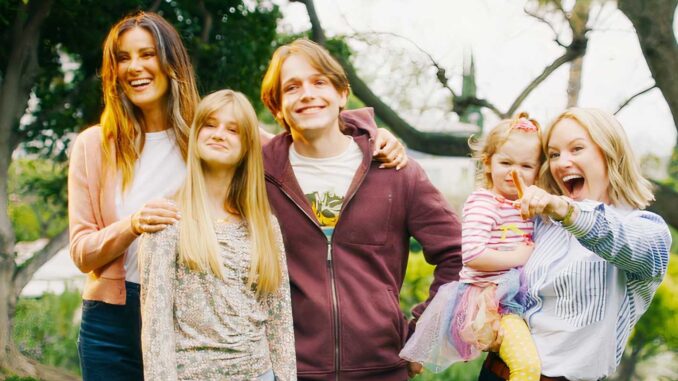
Maya's Darkest Struggle: Is She More Like Her Father Than She Thinks?
In the chaotic, high-stakes world of Station 19, where fires rage and lives hang in the balance, few characters burn with an intensity quite like Maya Bishop. A decorated Olympian turned firefighter, Maya projects an image of unyielding strength, fierce competence, and an almost superhuman drive for perfection. Yet, beneath the polished exterior lies a landscape scarred by a relentless past, a psychological battleground where her "darkest struggle" plays out. This struggle, a deeply ingrained pattern of self-worth tied to achievement and a desperate need for control, ironically reveals a chilling truth: Maya, in her most vulnerable and damaging moments, mirrors the very man she despises—her father—more closely than she could ever dare to admit.
Maya's dark struggle is not a single event, but a chronic internal conflict rooted in the brutal crucible of her childhood. Her father, a former Olympian, subjected her to a regime of psychological and physical abuse disguised as "training." Success was the only currency, failure met with scorn and punishment. This upbringing forged in Maya an unshakeable belief that love, approval, and indeed, her very existence, were contingent upon winning. Her eating disorder, revealed in its harrowing depth during the show's later seasons, stands as the starkest manifestation of this torment. It is a desperate, enervating attempt to control the one thing she felt she had dominion over – her own body – in a life where she was constantly striving to meet impossible external demands. This self-punishment, the relentless drive to push beyond healthy limits, and the internal voice that echoes her father's damning critiques, illustrate the insidious grip of his legacy.
The chilling parallel to her father becomes most apparent not just in her internal battles, but in how she interacts with those closest to her, particularly her wife, Carina DeLuca. Maya's need for control, born from a childhood where she had none, often manifests as rigidity, a stubborn refusal to compromise, and an inability to truly listen. When faced with Carina's desire for a family, Maya's initial resistance and subsequent attempts to dictate the terms of their IVF journey echoed her father's controlling nature. He manipulated her future and body for his own agenda; Maya, perhaps unconsciously, sought to impose her will on Carina's dreams, believing her way was the only "right" or "efficient" way. This paternal echo is heartbreaking because it is precisely what Maya vows never to be: manipulative, unyielding, and dismissive of emotional needs.
Furthermore, Maya's hyper-competitiveness, once her greatest asset, frequently transforms into a destructive force, reminiscent of her father's "gold or nothing" mentality. Her relentless pursuit of the captaincy, and later, her battle to regain it, often came at the expense of her friendships, her mental health, and even her relationship with Carina. Like her father, who saw life as a zero-sum game where only the strongest survived, Maya at times prioritizes professional victory over the nuanced give-and-take of human connection. Her difficulty admitting vulnerability, asking for help, or accepting anything less than perfection for herself—and at times, from others—is a direct inheritance from the man who instilled in her that weakness was unacceptable.
Yet, to say Maya is just like her father would be an oversimplification that undermines her profound struggle and her inherent goodness. The crucial difference lies in her awareness and her capacity for love. Unlike her father, who seemed devoid of introspection or remorse, Maya suffers. She grapples with the fallout of her actions, experiences genuine pain when she hurts Carina, and slowly, painstakingly, begins to acknowledge the origins of her brokenness. Her decision to seek therapy, to confront the eating disorder, and to actively fight for her marriage, are all acts of rebellion against her father's conditioning. They are choices born of a genuine desire for healing and a deep-seated love that her father, in his own cold ambition, seemingly never possessed.
Maya Bishop's darkest struggle is the fight against the insidious shadow of her father, a battle waged not on fire grounds, but within the confines of her own mind and heart. The unsettling truth that she mirrors his controlling, competitive, and emotionally repressed tendencies is the very burden she must unpack and dismantle. Her journey is a testament to the enduring scars of childhood trauma, but also to the remarkable human capacity for self-awareness, resilience, and the slow, arduous work of breaking cycles. In recognizing the man she fears becoming within herself, Maya takes the first courageous step towards true liberation, not just from his control, but from the parts of him she unknowingly carries. Her path to redemption is paved with vulnerability, and in embracing that, she truly begins to forge her own, distinct legacy.